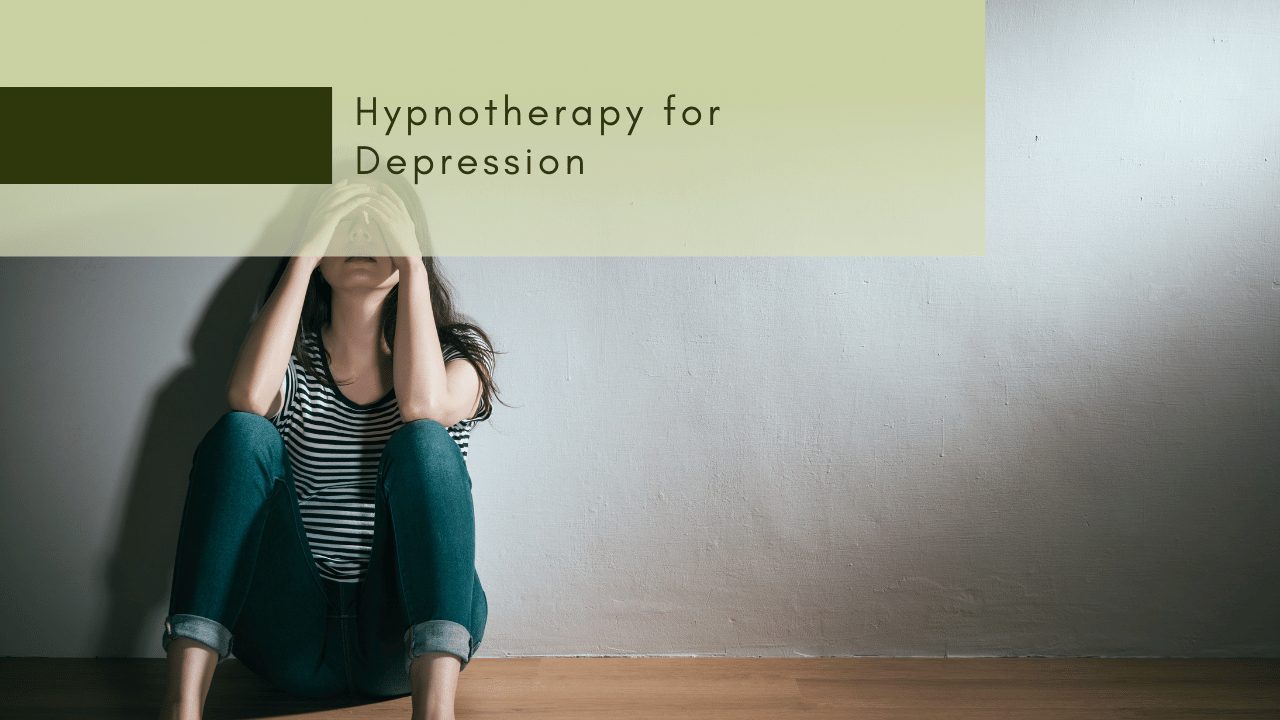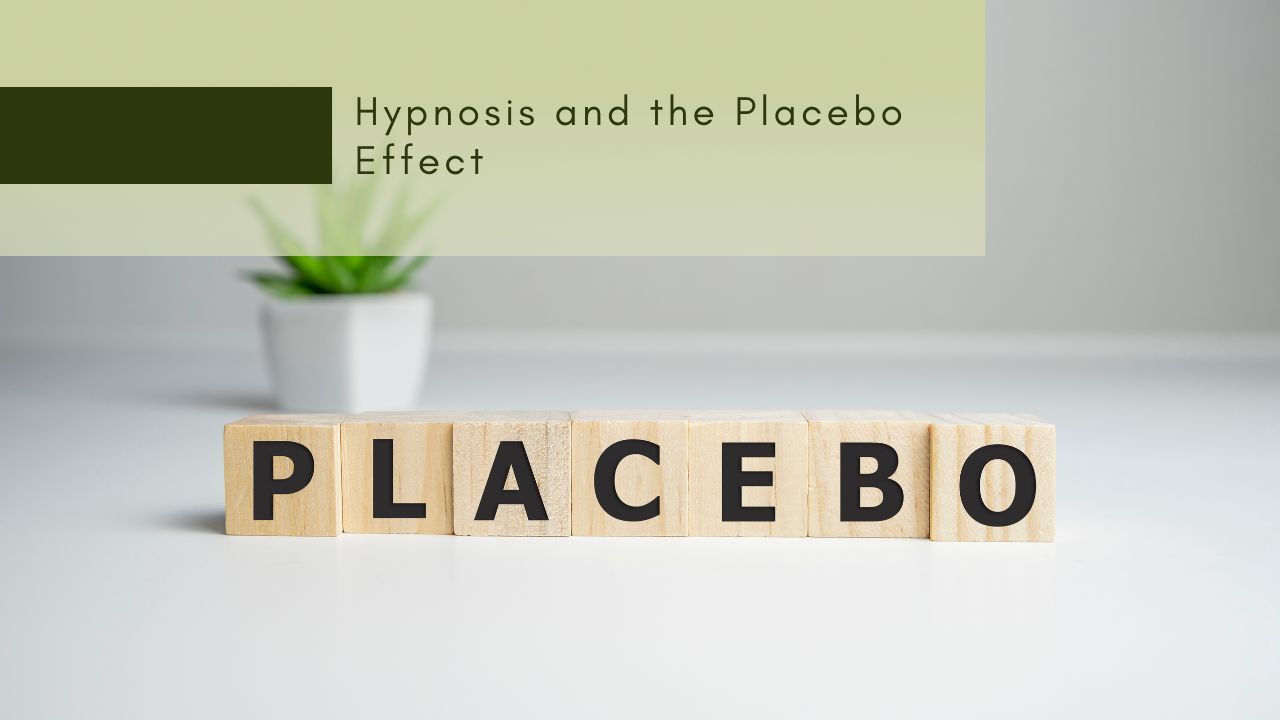In this post, we will explore the topic of hypnotherapy for depression. Depression is a common mental health condition that can have a significant impact on your quality of life. Hypnotherapy is a natural and empowering method that can help you lift your mood by addressing the root cause of your emotions and providing you with the tools to manage them better.
How Does Depression Affect Your Life and Happiness?
Depression can have a profound impact on various aspects of a person’s life and overall sense of happiness. It is a complex mental health condition that affects not only a person’s emotional well-being but also their physical health, relationships, and daily functioning. Below are some ways in which depression can affect your life and happiness:
- Persistent sadness and a sense of hopelessness are common symptoms of depression. These emotions can make it challenging to experience joy, pleasure, or happiness.
- Loss of interest or pleasure in activities that were once enjoyable. This can result in reduced motivation and a lack of enthusiasm for life’s pursuits.
- Impairment of cognitive functions, leading to difficulties in concentration, memory problems, and indecisiveness. These cognitive challenges can hinder your ability to set and achieve goals, which can contribute to a sense of dissatisfaction.
- Manifest physically, causing fatigue, changes in appetite and sleep patterns, and aches and pains. These physical symptoms can further contribute to a sense of unhappiness and decreased overall well-being.
- Withdrawal from social activities and isolating themselves from friends and loved ones. This isolation can lead to feelings of loneliness and exacerbate depressive symptoms.
- Strained relationships, as individuals may have difficulty communicating their emotions and may appear distant or irritable to others. This strain can negatively impact the quality of relationships, leading to unhappiness for both the individual with depression and their loved ones.
- Affect one’s ability to perform well at work or carry out daily tasks effectively. This can lead to problems at the workplace, job loss, financial stress, and a decreased sense of accomplishment.
- Depression has been linked to various physical health problems, including heart disease, diabetes, and chronic pain. These health complications can further diminish overall well-being and happiness.
- In severe cases, depression can lead to thoughts of self-harm or suicide. These thoughts and behaviors pose a significant threat to an individual’s well-being and happiness.
- Depression often involves negative self-perceptions and feelings of worthlessness. These beliefs can erode self-esteem and self-confidence, making it difficult to find happiness in one’s self.
What is Hypnotherapy and How Can It Help You Overcome Your Depression?
Hypnotherapy is a therapeutic approach that uses therapies and hypnosis, a trance-like state of focused attention and heightened suggestibility, to help individuals address a wide range of emotional, behavioral, and psychological issues. In hypnotherapy, a trained and qualified hypnotherapist guides the client into this state of deep relaxation and focused awareness to facilitate therapeutic change and self-discovery.
What are the Benefits of Using Hypnotherapy for Depression?
Below is a list of how hypnotherapy can be beneficial to help individuals overcome depression:
- Identification of Underlying Causes: Hypnotherapy can help individuals explore the root causes of their depression, which may be deeply rooted in past experiences, trauma, or unresolved emotional issues. By accessing the subconscious mind in a hypnotic state, individuals may uncover and process these underlying issues.
- Changing Negative Thought Patterns: Depression often involves persistent negative thought patterns and self-criticism. Hypnotherapy can work to challenge and reframe these negative thought patterns, replacing them with more positive and constructive beliefs.
- Enhancing Coping Mechanisms: Hypnotherapy can teach individuals relaxation techniques, stress management strategies, and coping skills to better handle the symptoms of depression. This includes methods like guided imagery, progressive muscle relaxation, and mindfulness.
- Hypnotherapy for Self-Esteem and Self-Confidence: Hypnotherapy can target feelings of low self-esteem and self-worth often associated with depression. By promoting self-acceptance and self-empowerment through suggestion and visualisation, it can help individuals build a more positive self-image.
- Boosting Motivation and Goal Setting: Depression can sap motivation and make it difficult to set and achieve goals. Hypnotherapy can help individuals regain motivation, clarify their goals, and create a more optimistic outlook for the future.
- Emotional Release and Catharsis: Hypnotherapy can provide a safe space for individuals to express and release pent-up emotions and unresolved grief, which can be contributing factors to depression.
- Hypnotherapy for Stress Reduction: Hypnotherapy techniques can help individuals manage stress more effectively, as high stress levels can exacerbate depression symptoms.
It’s important to note that while hypnotherapy can be a valuable adjunct to traditional treatments for depression, such as psychotherapy and medication, it is not typically used as a sole treatment for severe or clinical depression. Severe depression often requires a comprehensive approach that may include medication and ongoing therapy with a mental health professional.
What Are the Tips and Techniques for Using Hypnotherapy for Depression?
Hypnotherapy can be a valuable complementary approach for managing depression when used in conjunction with other evidence-based treatments, such as psychotherapy and medication if required. Below are some tips and techniques for using hypnotherapy to help alleviate depression:
- Ensure that you work with a licensed and experienced hypnotherapist who has expertise in treating depression.
- Define specific goals for your hypnotherapy sessions. What aspects of your depression would you like to address? Clear objectives will help guide the hypnotherapy process.
- Familiarise yourself with how hypnotherapy works and what to expect during a session. Your therapist should provide you with an overview, but having some understanding beforehand can be helpful.
- Establish open and honest communication with your hypnotherapist. Share your depression symptoms, experiences, and any concerns or fears you may have about the process.
- Hypnotherapy often begins with relaxation techniques to help you achieve a trance-like state. Practice relaxation methods like deep breathing and progressive muscle relaxation to become more comfortable with this process.
- During the hypnotic state, the hypnotherapist may use positive suggestions and guided visualisations to help you challenge negative thought patterns and cultivate a more positive mindset. These suggestions may focus on self-esteem, self-worth, and well-being.
- Work with your hypnotherapist to explore any underlying causes or unresolved issues that may contribute to your depression. Hypnotherapy can sometimes help individuals uncover and process these factors.
- Learn and practice coping strategies and techniques that you can use in your daily life to manage depression symptoms effectively. These might include relaxation exercises, mindfulness, and stress management techniques.
- Your hypnotherapist may provide you with exercises or self-hypnosis scripts to use between sessions. Consistent practice can reinforce the work done in therapy and help you manage your depression more effectively.
- Attend scheduled follow-up sessions with your hypnotherapist to track your progress, discuss any challenges, and make adjustments to your treatment plan as needed.
- Commit to the process of hypnotherapy and understand that it may take time to see significant results. Be patient and persistent in your efforts to manage depression.
Remember that the effectiveness of hypnotherapy can vary from person to person, and it may not be a standalone solution for severe or clinical depression. It’s crucial to consult with a mental health professional who can assess your individual needs and recommend an appropriate treatment plan, which may include hypnotherapy as part of a comprehensive approach to managing depression.




